How to properly warm up the voice for singing is probably one of the most common questions I get asked as a voice teacher. What do I do? What exercises do I use? How long does it take for the voice to warm up? These are all great questions, so in this article, I would like to discuss the purpose of warming up the voice and make some suggestions to structuring your vocal warm up for singing.
The Purpose Of Warming Up
Just like athletes needs to stretch and warm up to prevent injury, so does a singer. The vocal folds (often referred to as the vocal cords) are muscles. This means that they can become stiff from not being used. This is why you should always warm up before you sing.
Warming up allows the vocal folds to lengthen and become more flexible, which helps you with hitting those higher notes more relaxed and with consistency. It also helps to get blood flowing through the folds. Often times, when doing warm ups, you may find your voice wobbles or yodels sometimes. This is totally normal and one of the biggest reasons you should warm up so you can avoid yodeling and cracking during a performance.
How Long Should I Warm Up?
How long your vocal warm up should be can vary from day to day. It really depends on your voice and how it’s feeling that day. A good general standard is about 10 minutes, but I have worked with student sometimes 15 minutes before their voice was good and ready to put in some work. Most voices are warmed up in 10-15 minutes. You will know you are not warmed up enough yet if you are feeling wobbly through your bridge (if you are a singer that is able to bridge properly and consistently). If you are a beginner that is not able to get into your higher register without breaking or cracking, don’t worry. Use 10 minutes are your guideline and that should be plenty of time if you are feeling well.
What Exercises Should I Do?
When doing a warm up for singing, you want to make sure you go very easy. If you are a rock singer like myself, I advise you to stay away from belting or shooting for power during your warm up. I recommend in the beginning of your warm up that you stick to the lower ranges in your voice and slowly work your way up through your higher register. Remember, we are trying to get blood flowing into the vocal folds so that they loosen up and become more flexible to hit those higher notes. Ease your way into the process, don’t come out of the gate with guns blazing.
Lip Trills
Also known as lip bubbles, are a great warm up exercise for voice. You can use them over a scale or you can simply slide up and down your range in a random fashion.
“Who”
Singing scales on a “who” is very gentle for the voice and can help you with getting into your high range without using any muscle or forcing. I use “who” with a lot of male students who tend to have trouble letting go in their higher registers during warming up. If you have trouble finding your head voice, this is a great way to go about doing it.
Hmm, Hun and Hung
These are what are referred to as resonant tracking exercises. They are very buzzy and help a singer with placing the vibration (or resonance) of the voice. Again, these exercises should be done gently without pushing or trying to go for power. The focus should be on keeping the voice forward and connected in a relaxed and controlled manner.
These are example of a few exercises that you can use while doing a vocal warm up. As you reach the end of your warm up it is good to start expanding the range and increasing the power of the voice if you feel comfortable doing so. You can sing scales using a “mum” or by holding the word “hey” over a scale.
Your voice is very dependent on how you are feeling that day, so always listen to your body and never push yourself further than it wants to go on any particular day. Hopefully you will find some of these ideas and suggestions helpful in structuring your vocal warm up.
Happy singing!
---------
About The Author:
Lauren Bateman is a voice and guitar teacher living in the Boston area. She is a Master Certified voice instructor with The Vocalist Studio under Robert Lunte. She owns and operates multiple music schools in the greater Boston area offering guitar, singing and piano lessons. Lauren loves helping students reach their goals and have fun with music.

